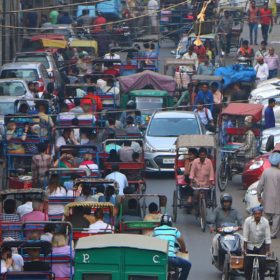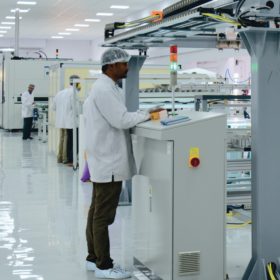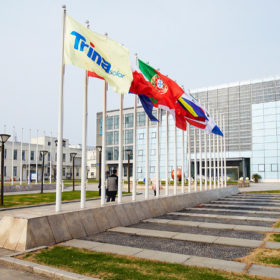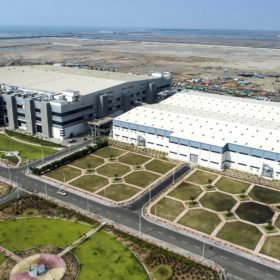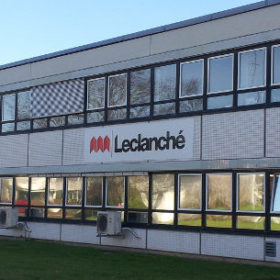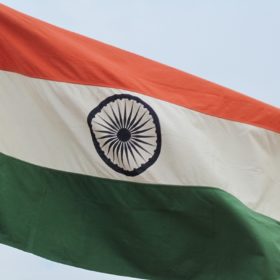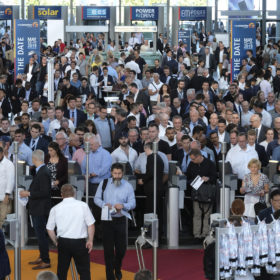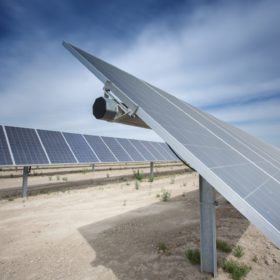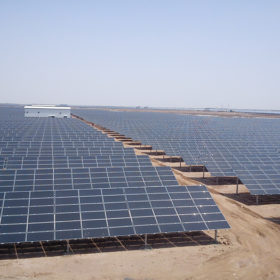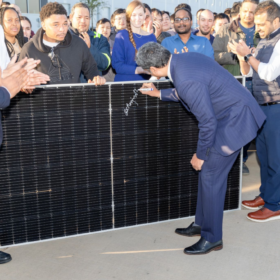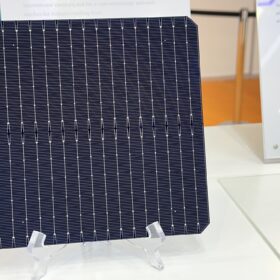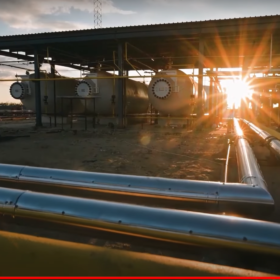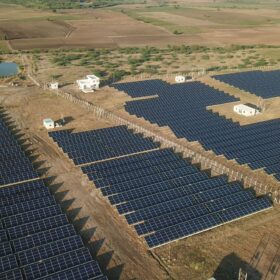Building a battery manufacturing industry in India – Vision Mechatronics interview
Dr Rashi Gupta, Director at Vision Mechatronics discusses the EV landscape in India, particularly focusing on the potential for battery manufacturing. While there are currently many challenges, like a lack of raw materials and infrastructure, the opportunities are immense.
Orb Energy to double panel manufacturing, raise $55 million
Bangalore-based Orb Energy is gearing up to double its solar PV panel manufacturing capacity from 60 MW to 120 MW, and aims raise US$55 million by the first quarter of 2019.
Trina Solar the largest PV module supplier to India in 2017
Chinese giant boasted 18% of the Indian market, to be crowned the nation’s top dog for the third consecutive year. Canadian Solar, First Solar, Hanwha Q Cells and JA Solar also enjoyed a big export market from the rising solar power.
Will the new 50% manufacturing clause pump domestic manufacturing?
All future bids for renewable projects would have at least 50% domestic manufacturing component for developers. The government will also soon make it obligatory for project developers to manufacture storage systems.
Exide Industries, Leclanché announce JV for battery manufacturing in Gujarat
India’s Exide Industries Limited and Switzerland-based Leclanché S.A. have announced a 75%-25% joint venture (JV) under which lithium-ion (Li-ion) cells, modules and battery packs will be manufactured in the state of Gujarat.
India moots world’s largest solar tender – of 100 GW
If implemented, the huge tendering exercise would dwarf anything that has gone before it. Minister explains bidding will also include solar manufacturing and storage elements.
Minister outlines plan to become global renewables leader, at Intersolar Europe
Underlining India’s commitment to becoming the global renewable energy leader, Shri Anand Kumar, secretary of the Ministry of New and Renewable Energy, said the country plans 500 GW of capacity by 2030. He also underlined plans to become a solar and storage manufacturing hub; and said the International Solar Alliance needs to widen its membership.
Is national 225GW renewables target achievable?
There was incredulity in some quarters as the federal government raised its renewables ambition another 22%, but the stellar performance of the past four years points to the new target being a realizable one.
Waaree triples solar panel capacity with a new plant in Gujarat
Waaree Energies has set up a 1 GW solar PV panel plant in Vapi, which is in addition to its existing 500 MW plant in Surat, Gujarat. The company intends to further increase capacity to 2 GW. Among other key developments, it has partnered with third-party equipment suppliers to manufacture batteries
CEL invites EoI for PV module manufacturing units
The Central Electronics Limited (CEL), the first Indian company to develop crystalline solar cells and modules in 1977-78, has invited an expression of interest (EoI) for the establishment of manufacturing facilities for the production of solar cells and crystalline silicon (c-si) modules (conventional/flexible).
